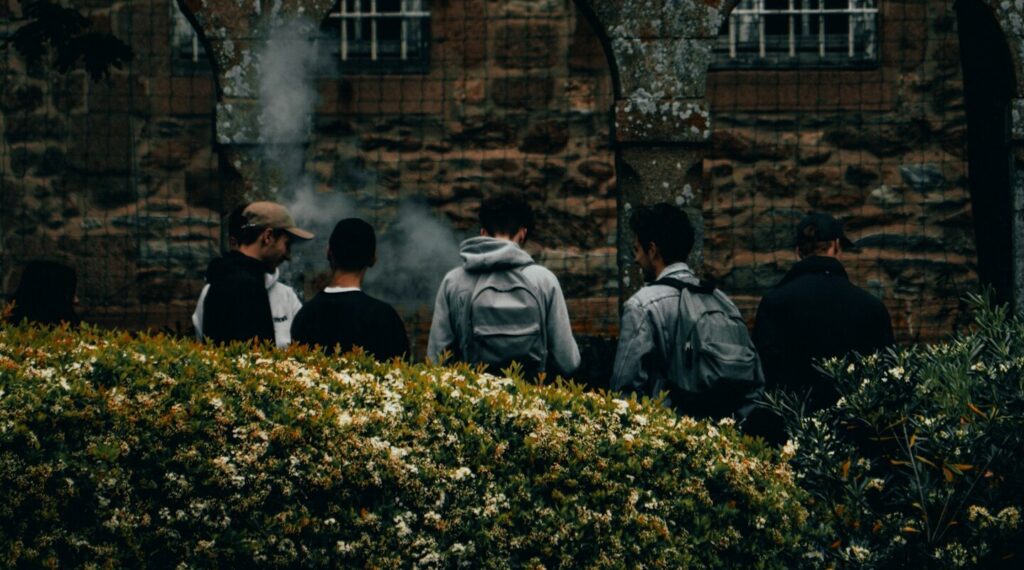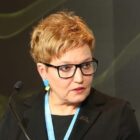Beyond charity: How philanthropy can drive equality and systemic change

What role can philanthropy play in strengthening democracy and equality? How can it move beyond funding projects to tackle deeper challenges like polarisation, inequality and erosion of trust?
The story of the Open Estonia Foundation (OEF), celebrating its 35th anniversary this year, offers some answers. Established in the early 1990s with support from the Open Society Institute, OEF emerged in a society just regaining independence after Soviet occupation. Civil society was fragile, democratic institutions were only beginning to take shape, and trust in public life had to be rebuilt almost from scratch.
In those first years, the foundation concentrated on essentials: supporting emerging NGOs, advancing civic education, encouraging democratic transformation and helping institutions find their footing. Through the foundation, ideas and people arrived from across the democratic world, helping Estonia grow into an open and democratic state. The country’s rebirth was reinforced by support and co-creation, with philanthropy providing both seed support and momentum.
But over time, its work pointed to a larger truth: philanthropy can be more than financial support. Done with intent, it can be a catalyst for systemic change with equality as its compass.
Equality as a principle, not just a programme
OEF’s evolution shows that equality is not simply one programmatic area among many. It is a principle that should guide decisions about funding, partnerships and strategy. Equality is not only about fairness, but also about trust. When people feel respected and heard, they are more likely to engage in public life. When they feel excluded, they retreat. This link connects philanthropy directly to human rights. Fairness and inclusion strengthen democratic engagement; inequality undermines it. Where trust breaks down, polarisation and extremism take root. For philanthropy, promoting equality is not just an ethical choice, it is a democratic necessity.
This broader view led OEF to support initiatives that carried out risks, but they addressed urgent gaps in rights protection. Sometimes the bravest work doesn’t make headlines. Funding advocacy that may take years to bear fruit, or giving activists time to recover from burnout, these actions are invisible but essential.
Promoting equality also directly strengthens awareness of human rights. When communities experience inclusion, they are more likely to recognise, demand and defend their rights. Projects that reached vulnerable groups such as ethnic minorities or people living in remote areas often required more resources, but the payoff was lasting, stronger awareness of rights and freedoms and a culture of participation. Equality, in this sense, is not just a value but a pathway to a durable human rights culture. Inequality does not only weaken democracy, but it also fuels conflict. Excluded groups are more receptive to authoritarian narratives that thrive on resentment.
Philanthropy can counter this by investing in inclusion before exclusion turns toxic. This means bridging divides between rural and urban communities or creating spaces and platforms where different groups meet on equal footing. Reducing inequality is, in effect, conflict prevention. If people feel they belong, they are less likely to be pulled into extremist or violent movements.
Equality is also essential for building social trust, the glue that holds societies together. Communities where people feel included are more resilient; those where people feel shut out are more vulnerable to division. People don’t just want help. They want to be trusted to help shape the future of their towns. Once they see that trust is real, they start to trust institutions back. This reciprocity between equality and trust is critical for democratic resilience.
One of foundation’s programme evaluations has also highlighted philanthropy’s practical challenges. OEF’s programmes were found to achieve intended results efficiently and on time. One reason was flexibility: coordinators allowed implementers to adapt activities when circumstances changed, a quality that proved crucial during the pandemic.
But efficiency has limits. Reaching marginalised communities requires more resources and tailored approaches. If success is measured only by short-term outputs, equality will always lag behind.
Keeping the big picture in sight
Experts argue that philanthropy’s long-term value lies in keeping the bigger picture visible: defending democratic values and ensuring that inclusion remains central even when it is inconvenient. If philanthropy is to matter, it must hold the line on democratic principles. It must be as brave as Ukrainians who fight not only for their country, but for the idea of freedom itself.
This call for courage highlights a shift in philanthropy’s self-image. No longer just a benefactor, it must act as a partner, an ally, and at times a defender of civic space under attack.
Looking ahead
Three and a half decades on, Estonia’s democracy is strong but not immune. Civic space is under pressure, disinformation is spreading and inequalities remain unresolved. These challenges are not unique to Estonia – they echo across Europe and beyond.
Philanthropy’s role in this landscape is to provide patient capital, protect civic space and help rebuild trust where it has eroded. Its promise lies not in charity but in courage: the courage to stand with the excluded, to defend democratic values and to keep equality at the heart of systemic change. Change starts when people are heard. Philanthropy can help make that possible. But it must be willing to take risks, to defend principles and to stay in the fight for the long term.
Authors

